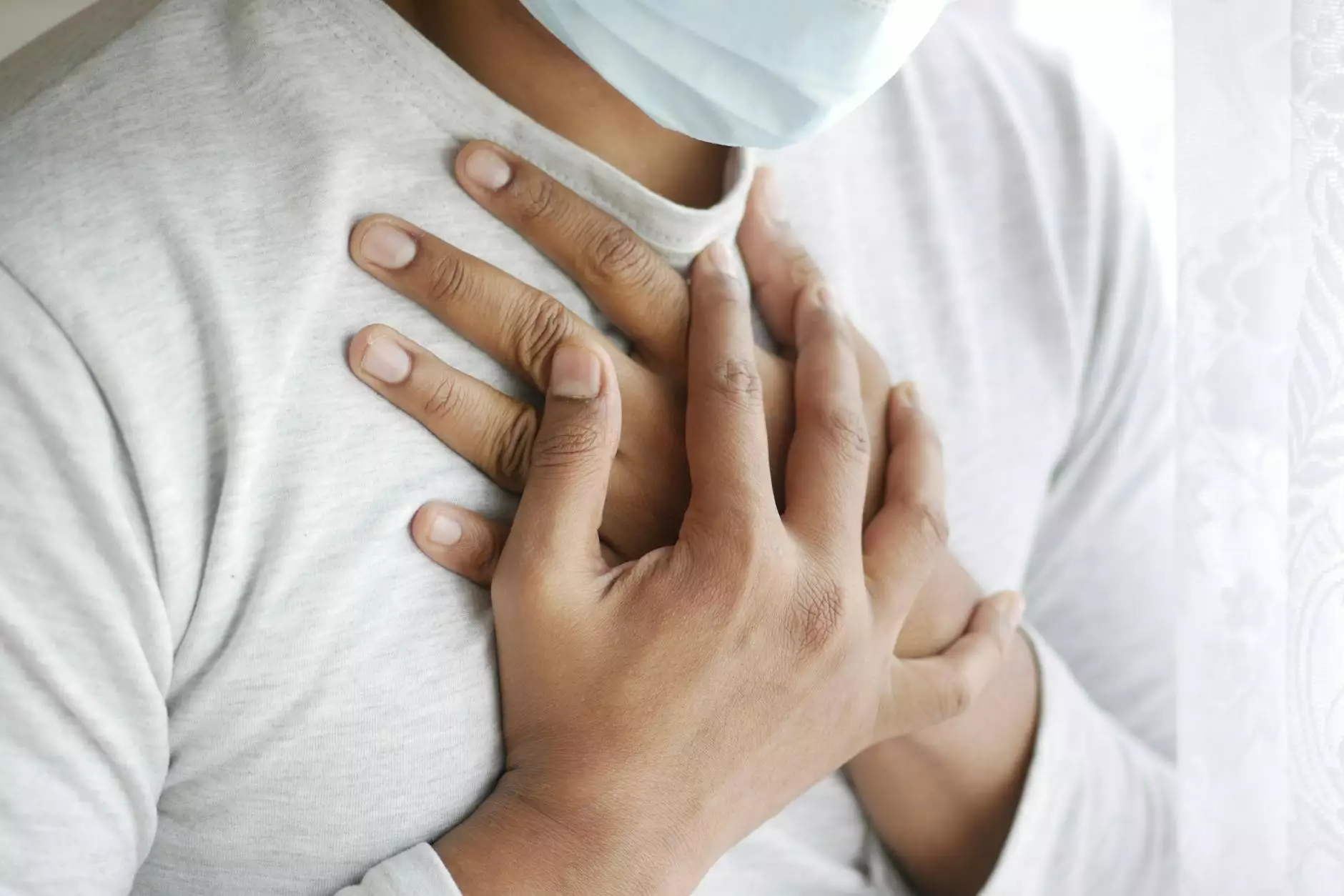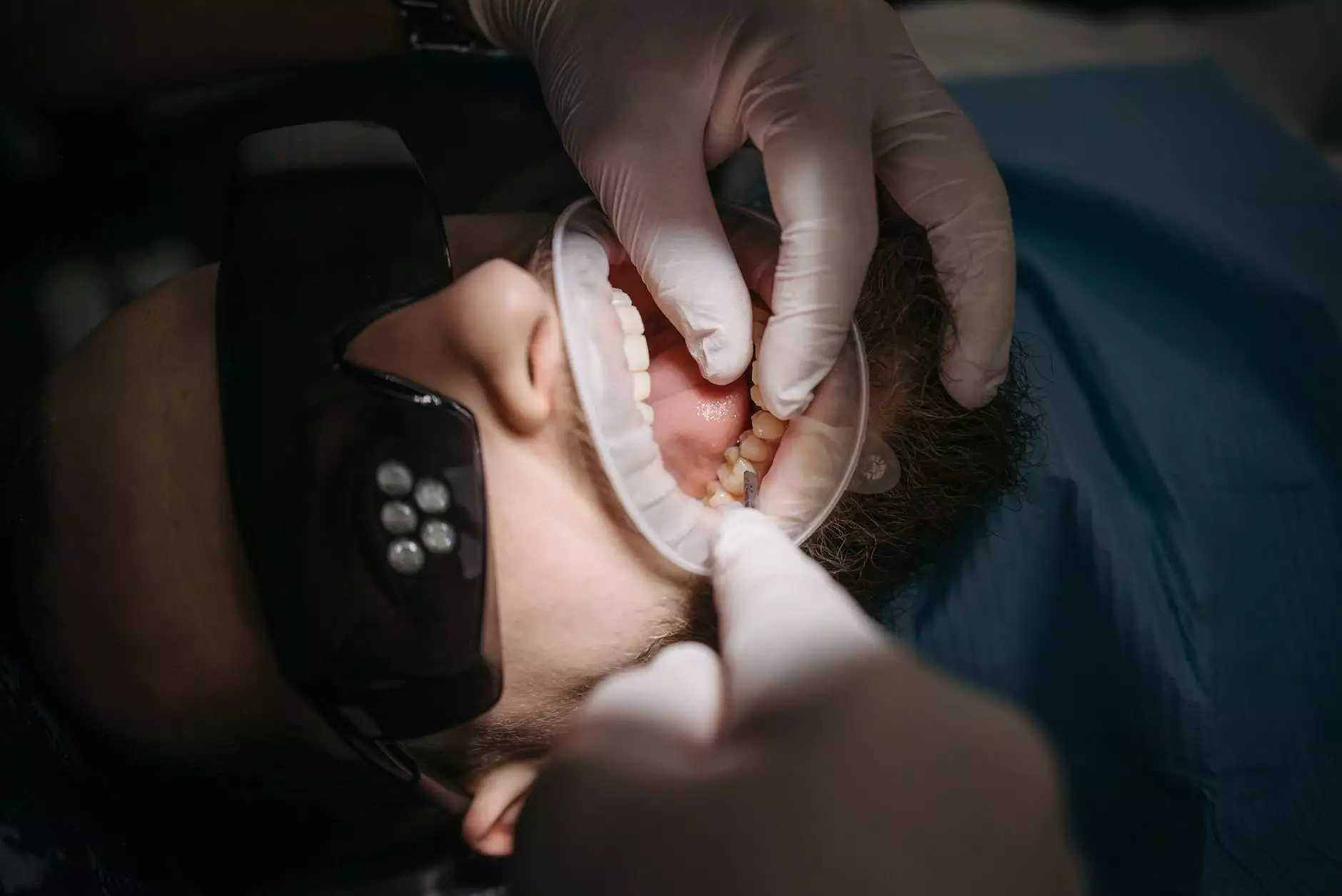The Importance of **Lung Specialists** in Health and Medical Care

In the vast landscape of health and medical care, the lung specialist plays a crucial role in ensuring respiratory health. With the increasing prevalence of respiratory conditions globally, understanding the functions and significance of these specialists is paramount. This article delves deep into the world of lung specialists, their expertise, and how they contribute to enhanced health outcomes, particularly in the realms of sports medicine and physical therapy.
What is a Lung Specialist?
A lung specialist, formally known as a pulmonologist, is a medical doctor focused on diagnosing and treating conditions related to the lungs and respiratory system. Their expertise encompasses a wide range of diseases, from chronic obstructive pulmonary disease (COPD) to pulmonary fibrosis and asthma. Due to their specialized training, lung specialists are equipped to handle complex respiratory issues and offer comprehensive treatment plans tailored to individual patients.
Educational Pathway of a Lung Specialist
The journey to becoming a lung specialist involves rigorous education and training. Typically, prospective pulmonologists must complete:
- Undergraduate Degree: A bachelor’s degree focused on the sciences is essential.
- Medical School: Four years of medical education followed by the attainment of a Doctor of Medicine (MD) or Doctor of Osteopathy (DO) degree.
- Residency: Three years of residency training in internal medicine.
- Fellowship: An additional two to three years of fellowship training in pulmonary medicine.
This extensive training prepares lung specialists to understand complex respiratory pathophysiology, enabling them to provide high-quality care to patients.
Common Conditions Treated by Lung Specialists
Lung specialists diagnose and manage a wide array of respiratory disorders, which include but are not limited to:
- Asthma: A chronic condition characterized by inflammation of the airways, leading to wheezing, shortness of breath, and coughing.
- Chronic Obstructive Pulmonary Disease (COPD): A progressive disease that obstructs airflow from the lungs, mainly caused by long-term exposure to irritants like tobacco smoke.
- Pneumonia: An infection that inflames the air sacs in one or both lungs, which may fill with fluid.
- Interstitial Lung Disease: A group of disorders that cause scarring (fibrosis) of the lungs, which can lead to serious breathing problems.
- Sleep Apnea: A serious sleep disorder where breathing repeatedly stops and starts, often resulting in loud snoring and significant sleep disruption.
Each of these conditions requires a unique approach to diagnosis and treatment, showcasing the necessity of specialized knowledge and skills in the field of pulmonology.
The Role of Lung Specialists in Diagnosis
One of the first steps in respiratory health management is an accurate diagnosis. Lung specialists utilize a variety of diagnostic procedures to evaluate lung function and identify specific conditions. Some common diagnostic methods include:
- Chest X-Rays: Used primarily to visualize structures within the chest and identify abnormalities.
- CT Scans: Provide more detailed images than X-rays, allowing for a closer examination of lung tissues.
- Pulmonary Function Tests (PFTs): Measure lung volume, capacity, and the rate of airflow to assess how well the lungs are functioning.
- Bronchoscopy: A procedure that allows the physician to view the airways and collect samples for further analysis.
Through these diagnostic tools, lung specialists can establish a precise diagnosis, paving the way for an effective treatment strategy.
Treatment Methods Used by Lung Specialists
Once a diagnosis is confirmed, lung specialists develop personalized treatment plans that may include:
- Medications: This may involve bronchodilators, anti-inflammatory drugs, antibiotics, or medications to control asthma symptoms.
- Oxygen Therapy: For patients with severe lung diseases, supplemental oxygen can help improve their quality of life and maintain adequate oxygenation.
- Pulmonary Rehabilitation: A comprehensive program that includes exercise training, education, and support to help improve physical and emotional well-being.
- Surgery: In some cases, surgical interventions such as lung volume reduction surgery or lung transplants may be necessary.
Effective collaboration between lung specialists and patients is essential in ensuring adherence to treatment protocols and optimizing outcomes.
The Intersection of Lung Specialists with Sports Medicine
The connection between lung health and sports medicine is significant. Athletes, especially those engaging in endurance sports, require optimal lung function for peak performance. Therefore, lung specialists often work closely with sports medicine professionals to:
- Diagnose exercise-induced bronchoconstriction or asthma in athletes.
- Evaluate lung function impacts related to training regimens.
- Advise on appropriate warm-up protocols to prevent respiratory issues during athletic activities.
- Provide educational resources on maintaining lung health through proper breathing techniques and environmental awareness.
This collaboration can enhance athletic performance and ensure long-term respiratory health for active individuals.
The Importance of Physical Therapy in Lung Specialist Care
Physical therapy is integral to respiratory care, particularly after lung surgeries or in managing chronic lung diseases. Lung specialists often recommend physical therapy methods designed to:
- Improve overall lung function and capacity through targeted exercises.
- Teach breathing techniques such as pursed-lip breathing and diaphragmatic breathing.
- Enhance mobility and strength in patients recovering from respiratory illnesses or surgeries.
- Reduce symptoms associated with lung disease, such as coughing and shortness of breath.
By integrating physical therapy into treatment plans, lung specialists can facilitate the overall health and functional improvement of patients.
Conclusion: The Critical Role of Lung Specialists in Modern Medicine
The complexities of respiratory health necessitate the expertise of lung specialists. Their thorough knowledge and dedication to patient care are essential in diagnosing and treating a multitude of lung-related conditions. Moreover, the collaborative efforts between lung specialists, sports medicine professionals, and physical therapists pave the way for comprehensive care that addresses both the immediate symptoms and the holistic health of patients.
Whether you are an athlete needing performance optimization or an individual managing a chronic lung condition, the guidance of a qualified lung specialist is invaluable. Emphasizing the synergy between lung health, physical therapy, and sports medicine can lead to improved life quality for many.
Investing in your lung health by consulting with a lung specialist can be a transformative step toward a healthier, more active lifestyle.









